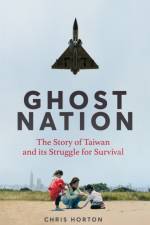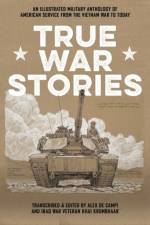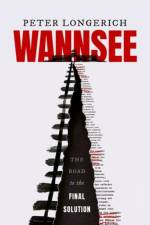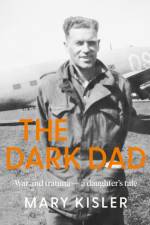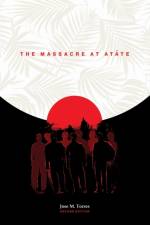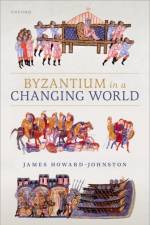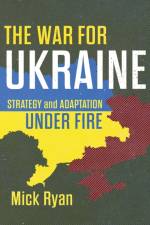av Marilisa Merolla
271
Into Nowhere: Bruce Springsteen and The Cold War Blues, by Marilisa Merolla--an internationally renowned professor focusing on rock and roll music's impact on world history--investigates the role played by Springsteen as a “Born in the U.S.A.” sound ambassador, particularly in Italy, and sheds light on the invisible trauma that affected the Cold War generation, a trauma profoundly interpreted by Springsteen.The groundbreaking book threads two separate perspectives: one inspired by the psychological interpretation of the effects of the “Blues” on contemporary societies, and another anchored to the current debate among historians about music and international relations. The author uses these two separate threads to investigate the role played by Bruce Springsteen as an American “sound ambassador” outside the US, particularly in Italy and the Mediterranean area; and sheds light on the invisible trauma that affected the Cold War generation. A trauma Bruce Springsteen interpreted, as a sort of “Born in the U.S.A” Dionysus.Through the lens of Springsteen’s Neapolitan roots and Italian heritage via his mother’s family, this book examines the diffusion of the Blues during fascist Italy, and goes deep into the impact of rock and roll music, from Elvis to Bruce, during the Cold War.Since World War II, the US Department of State had used jazz and the Blues as a “sonic weapon” to combat the perception of the US as a racist society. By the Fifties, rock and roll arrived in its raw version in the Mediterranean area through the U.S. soldiers at the Naples-based AFSouth (Allied Forces Southern Europe) Headquarters. Paradoxically, the military use of the Blues, now distilled in rock and roll, represented a double-edged sword which spread the seeds of the dark side of the American way of life among the youth.In the Sixties, with the upheaval of the Vietnam War, the split between the expectations of a more democratic and individualized society and a bipolar geopolitical order of an unexploded atomic war made the frustration of the youth even more unsolvable.From the Seventies to the fall of the Berlin Wall in 1989, Bruce Springsteen expressed the peculiar feeling of helplessness of so many people in Western society, offering a transnational Cold War generation a sense of connection. While giving an implicit, alchemical voice to different political identities—Atlanticist, Catholic, and Communist—his music makes the “Nowhere” recognizable in a geopolitical entity drawn by the Blues. His darkness provides redemption through the genuine religious experience of rock and roll. The performance of a collective trauma. A path to healing from the Cold War Blues.

